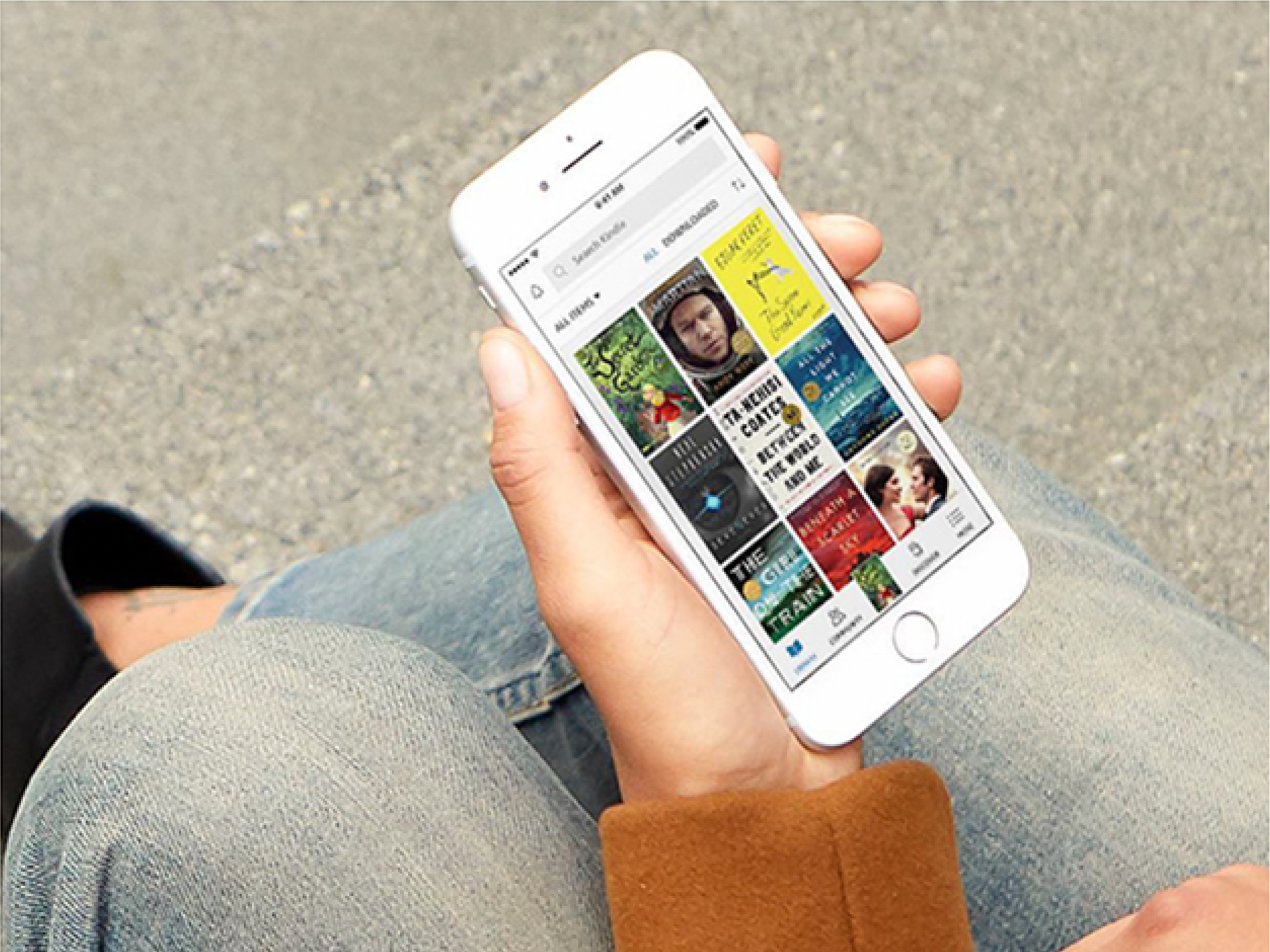Amazon Health Relationships
Caring for a loved one's health can feel like a full-time job, taking precious moments from millions of families every day. We saw an opportunity to change that. By reimagining care coordination within Amazon health services, we've transformed an overwhelming burden into a seamless part of daily life. Now, families can manage their health needs with the same ease as ordering groceries, giving them back the time and peace of mind to focus on what truly matters - being there for each other.
Role
Lead designer and researcher
team
5 PM/TPM's
5 PM/TPM's
3 cross-org development teams
SVP of Amazon health services
VPs of Amazon Pharmacy, Amazon Health store and Amazon identity services
Legal, privacy & compliance and patient safety
Legal, privacy & compliance and patient safety
Director of UX/Design
Cross-org collaboration
Amazon identity services, Amazon Pharmacy
Understanding Care Relationships
When we started this project, we thought we were solving a coordination problem. We imagined families struggling to manage medications and appointments. But as we dug deeper, we discovered that health support rarely fits into such a simple pattern.
Our research revealed that modern families and care relationships are incredibly diverse. We saw this in Amazon's own Household data - from nuclear families to blended households, from roommates sharing expenses to joint custody arrangements. This variety in how people already share Amazon benefits gave us important insights into how they might want to share health management responsibilities.
We found spouses helping each other through health challenges, taking turns as supporter and supported. We saw adult children coordinating their parents' care from across the country, while neighbors stepped in for prescription pickups. Professional caregivers and babysitters needed different levels of access than family members. These relationships shifted and evolved based on people's needs, availability, and living situations.
The contrast between how people interacted with existing Amazon services and traditional health management tools was stark. The ease of sharing shopping lists or Prime benefits highlighted the opportunity to make health coordination just as seamless.
We also found a significant disparity between clinical terminology and how people naturally described their support relationships. Terms like "caregiver" and "patient" often felt alienating, especially in family or friend dynamics. This aligns with the medical model of disability, which can unintentionally portray individuals with health needs as passive recipients of care rather than active participants in their well-being.
The language used to describe care relationships has a significant impact on the experiences and emotional well-being of all involved. By embracing more collaborative and person-centered terminology, we saw an opportunity to foster stronger, more supportive partnerships in health management.
Putting Relationships First
These insights led us to three principles that would transform how people support each other's health:
Support diverse relationships
Health support isn't one-size-fits-all. A spouse helping manage daily medications needs different access than a neighbor picking up occasional prescriptions. Just as Amazon Households adapts to modern family structures, our platform needed to embrace the rich variety of ways people help each other stay healthy.
Empower through language
Words matter. Instead of turning friends and family into "caregivers" and "patients," we focused on natural, everyday actions. It's not about becoming someone's nurse - it's about helping your mom manage her prescriptions or tracking your partner's appointments. This shift in language helps preserve the relationships that matter most.
Respect independence and flexibility
Life changes, and so do health needs. Sometimes you need intense support after surgery; other times, just an occasional reminder about refills. Our design needed to make adjusting these relationships as natural as updating a shopping list, preserving dignity and independence at every step.
By building on these principles, we created more than just another health management tool. We created a platform that strengthens the connections between people who support each other.
Making Asking for Help Easy
Traditionally giving access to someone else to help required either sharing credentials (which might seem convenient, but puts security at risk) or filling out paperwork or making phone calls. We wanted to make this as easy and natural as sharing a shopping list. With just a name and a phone number, customers can invite up to six trusted individuals to help manage their health through Amazon Pharmacy. No clinical terms, no complicated forms - just a simple invitation that extends trust into health management.
Health information is sensitive - you can't just share your password or hand over your account. So we created a system that's as secure as it is simple. A secure link, a matched phone number, a quick verification of a birth date - small steps that build trust while protecting privacy. Once verified, trusted helpers manage prescriptions through their own Amazon accounts, maintaining independence on both sides.
During our research, one participant captured the impact perfectly:
"The simplicity of it is very nice and just the straightforwardness, it's really nice just to be like, I just need a name and a phone number and we can get the person authorized to help you... not having to fill out like giant forms to do it. Um, I really like this."
We realized that asking for help isn't just about making it easy - it's about making it feel right. Whether someone is setting up their first prescription or managing ongoing medications, we've made it natural to bring trusted helpers into the process. By carefully experimenting with different approaches, we learned where and when people are most comfortable making these connections. The invitation to help appears across Amazon Pharmacy - in settings, on the dashboard, and through helpful reminders - always there when needed, never intrusive.
Clear notifications about prescription updates and changes ensure everyone knows what's going on and nothing falls through the cracks, making managing medications together easier. A dedicated Health Access dashboard provides a clear overview of who you're helping and who's helping you, making it easy to adjust access as needs change - like adding another family member or removing access for a babysitter when it's no longer needed.
A name and phone number are that is needed to invite someone to help
The manage health access dashboard shows care relationships at a glance
Helping Made Easy
When deciding to help someone manage their medications, the last thing anyone wants is to jump through hoops or compromise security. Yet that's exactly what many people faced - either taking a risk and sharing passwords or spending hours on the phone to get access just to lend a hand. We knew there had to be a better way.
Our solution starts with a simple text message. When someone's invited to help, they receive a text message with a secure link. After signing into Amazon, they confirm their relationship by entering the birthday of the person they're helping. No need to share passwords or wait for customer service. For those already using Amazon Pharmacy, they can start helping right away. New customers are guided through a streamlined sign-up process. In both cases, the focus is on making it easy to start helping without compromising security.
Immediately after enrollment, a quick, animated guide appears - right when people need it most. It shows how to navigate between managing their own medications and those of others, eliminating confusion before it starts. This simple approach proved highly effective, with people mastering the transition in an average of 30 seconds. When shopping for prescriptions, a clear indicator shows exactly who they're helping. This simple reminder - 'Shopping for John' - prevents confusion and maintains the personal nature of the relationship. Clear notifications about prescription updates and changes ensure everyone knows what's going on and nothing falls through the cracks all making managing medications together easier.
Changing Health Relationships
What started as a vision for making health support more natural has quickly become reality. In the first month after launch, thousands of people have stepped up to help manage medications for others, embracing this new way of supporting each other's health. Even with prescriptions needing to be transferred first, over 30% are already actively placing orders - showing just how quickly people have adopted this into their routines.
For many families, this became their introduction to Amazon Pharmacy, with nearly 42% of people who invited someone to help them being new to the service. And many who stepped up to help - 28% - were also new, with almost a quarter bringing their own prescriptions along. Families aren't just helping each other - they're transforming how they manage health together.
During our research, we learned that health support isn't one-size-fits-all - it adapts to each relationship and need. Now we're seeing these exact patterns emerge in how people are using our platform. Some are managing medications for their aging parents while taking care of their own families' health needs. Others have formed care partnerships - like spouses managing each other's medications together. These aren't just transactions or formal caregiving relationships - they're the natural ways people support each other's health, now made easier.
This is just the beginning of our vision for transforming how people can support each other's health. By making it natural and easy for people to help manage medications together - whether that's a daily responsibility or occasional support - we've shown how we can simplify complex healthcare tasks. This lays the foundation for reimagining health relationships across Amazon health services, making it possible for more people to help take care of each other, giving them back the time and peace of mind to focus on what truly matters - being there for each other.



